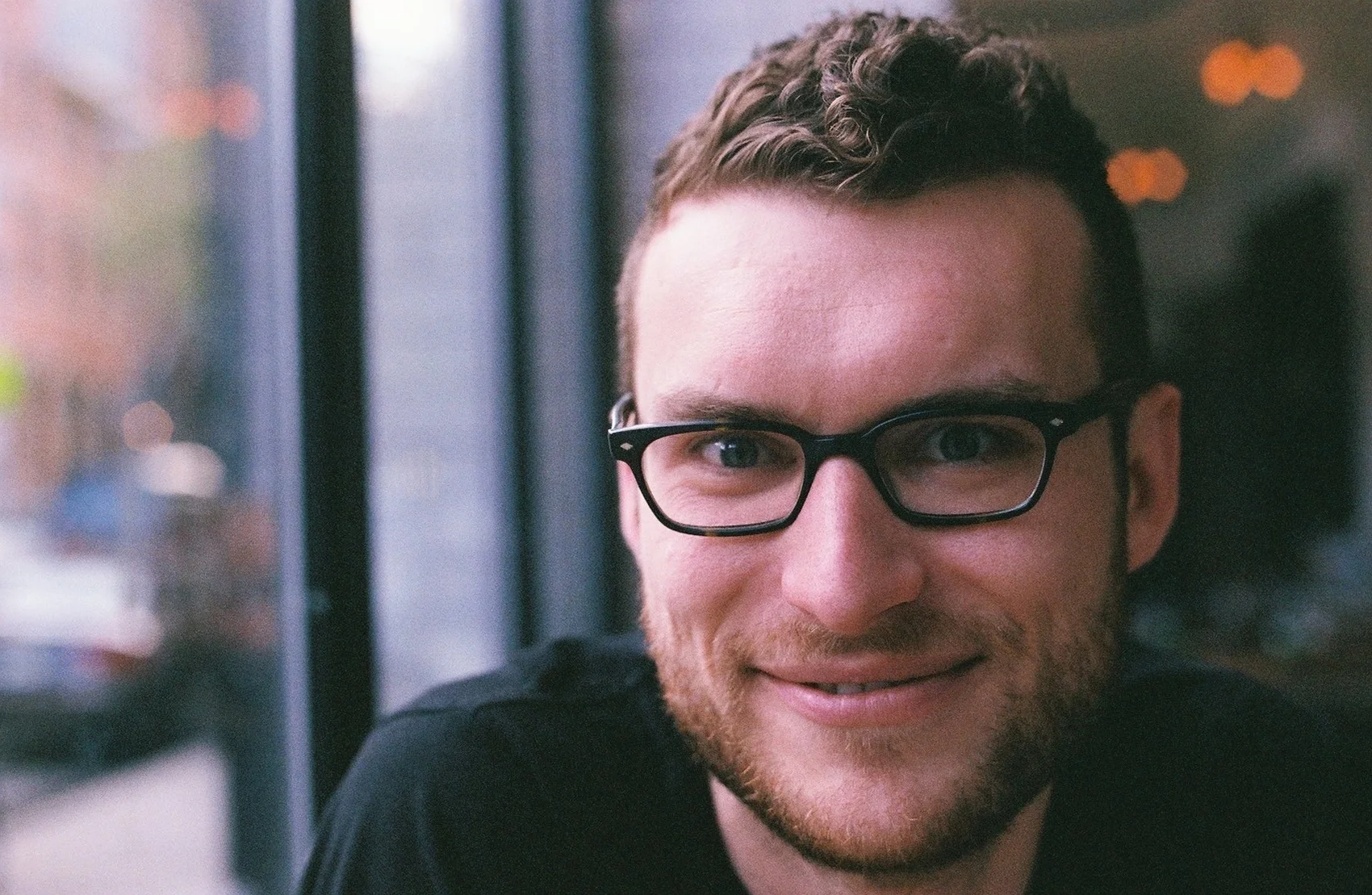About
Photo Credit: Drew Albinson
Ryan Dzelzkalns currently lives in Tokyo and studies Japanese for literary translation at the Inter-University Center for Japanese Language Studies. He came to Japan on a Fulbright Graduate Research Fellowship to investigate how poets engage with their identity (or not) in their writing, especially concerning the LGTBQ community and those living with HIV and AIDS. He worked with Masahiko Abe of the University of Tokyo and Hisayo Ogushi of Keio University, as well as the public health organization Place Tokyo. He is working to transform this research into a long-form hybrid piece of creative nonfiction.
He was born and raised in Milwaukee, Wisconsin, and moved to St Paul, Minnesota to study at Macalester College. During his time there, he met his mentor Wang Ping, who encouraged him to explore poetry more seriously. By the time he graduated in 2010, he had received the Wendy Parrish Poetry Award.
At Macalester, he also became interested in Japanese language and culture, even taking a one year hiatus to live and study in Tokyo. He still pursues this passion by working to translate contemporary Japanese poetry into English. In Minnesota, he also spent time working at Consortium Book Sales & Distribution, Graywolf Press, as well as the premiere sushi restaurant, Origami.
In 2013, he moved to New York City to study poetry at the NYU Creative Writing Program, where he worked with Catherine Barnett, Kimiko Hahn, Marie Howe, Major Jackson, Yusef Komunyakaa, Deborah Landau, Eileen Myles, Sharon Olds, Matthew Rohrer, Brenda Shaughnessy, and Rachel Zucker, among others. After completing his MFA in 2015, he began working at the Academy of American Poets, where he was the Development, Membership, & Communications Associate for three years.
In the summer of 2018, he served as poet-in-residence for 6-months at thecamp in Aix-en-Provence, France. He was part of the Hive program, “a collaborative expedition to explore and hack the future, developing concrete solutions applied to universal issues.” With his team, who have since become the Cached Collective, he developed an interactive experience that takes a physical approach to personal data. The project engages with the repercussions of one’s online presence and offers a glimpse at how computers have learned to perceive us.
